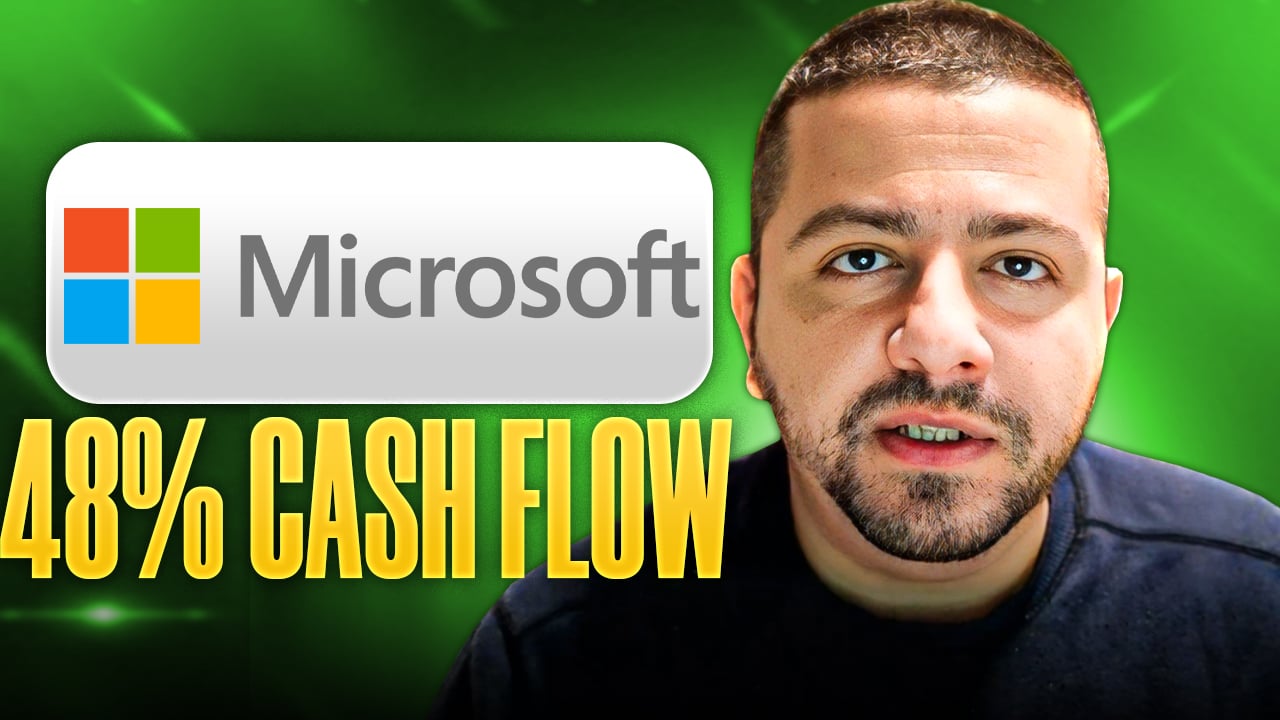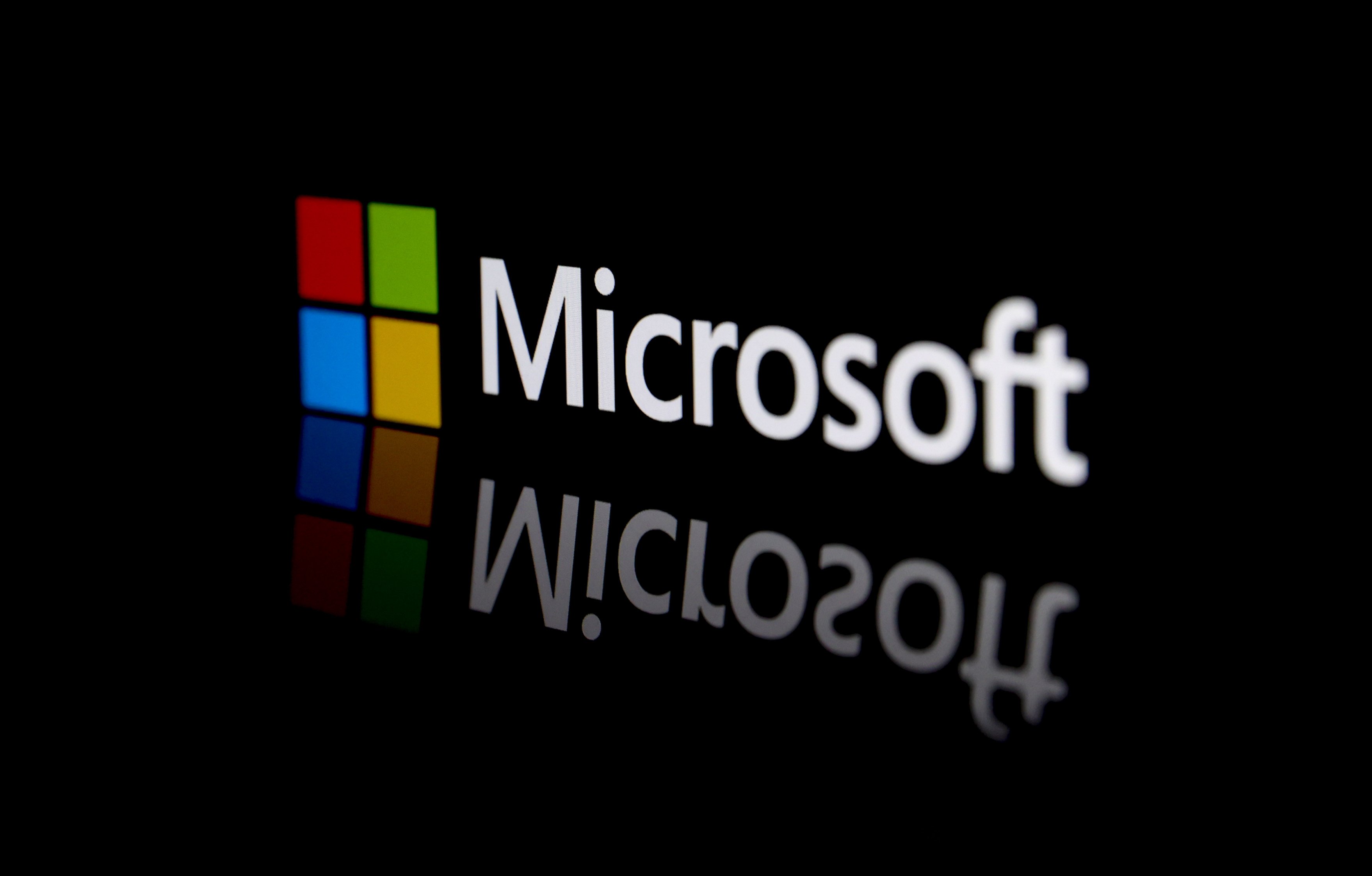Yesterday, Microsoft (MSFT +0.22%) introduced us to a world of potential Windows Phone apps made entirely by developers -- er, creators -- that require no programming whatsoever. The company's new Windows Phone App Studio allows users to create phone apps using a what-you-see-is-what-you-get, or WYSIWYG, tool -- bypassing any technical skills required for creating mobile apps.

Windows Phone App Studio screenshot. Source: Microsoft.
This move is either a brilliant ploy to boost apps in he company's app store, or a sign that Microsoft is at its wits' end in making its phone platform relevant to consumers.
The case for brilliant
Microsoft's Windows Phone Store has about 160,000 apps in its arsenal right now. Compare that with Apple's App Store with 900,000 and Google's Play store with more than 1 million. The actual number of apps may not be a huge selling point when consumers are deciding which smartphone to purchase, but savvy consumers know that the best apps are going to come to Apple and Google's app stores first and then to Microsoft's store -- if at all.
Nokia (NOK +2.27%) Vice President Bryan Biniak recently told the International Business Times: "We are releasing new devices frequently, and for every new device, if there is an app that somebody cares about that's not there, that's a missed opportunity of a sale."
He went on to say: "You can't sell a phone without the apps. You just can't."
Uh-oh.
While Nokia still holds the No. 2 spot for both worldwide phone shipments and market share, its shipments have fallen by more than 22 million in the second quarter of 2013, year over year. Over the same time period, the company's global market share fell from 22.5% to 15.8%. And while Lumia sales have topped 27 million since the first device launched two years ago, sales in North America -- a prime smartphone market -- have only been a fraction of that amount.

Nokia Lumia 720. Source: Nokia.
The Windows Phone App Studio could help build Microsoft's number of apps quickly, and theoretically help Nokia sell more of its Lumia phones -- maybe. Although it's not outside the realm of possibility for some great non-programmed apps to come out of the new tool, there are a handful of scenarios that make the feature a head-scratching move.
The case for batty
It may seem a bit obvious, but opening the floodgates to practically anyone with an app idea may not be the best way to gain consumer trust. Knocking down barriers has done great things for communication and creativity on the Internet, but I don't see many quality apps that enhance user experience for Windows Phone users coming from the new tool.
Microsoft announced at the end of June that it would drop its developer registration cost from $99 to just $19 for 60 days. The move was aimed at spurring developers to create apps for the platform -- and it's a good idea. But with the Windows Phone App Studio, now anyone with $19 and an Internet connection can build and submit an idea to the store. While this may drive app numbers up, it's arguably the wrong move for a company in desperate need of boosting its mobile significance. Microsoft needs something much less gimmicky to show consumers that its platform is serious about being a strong No. 3 contender -- and launching point-and-click app creation isn't going to cut it.







